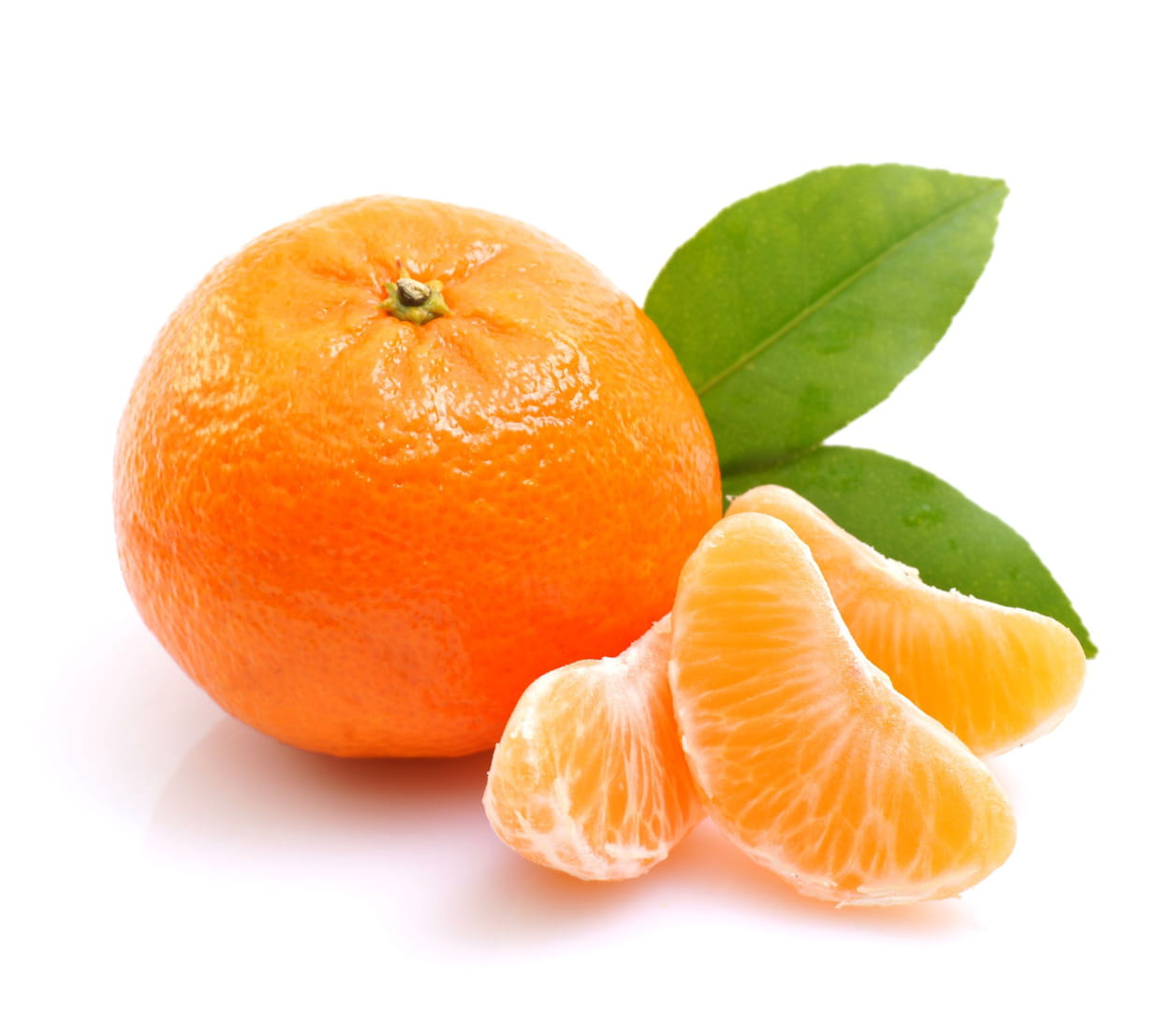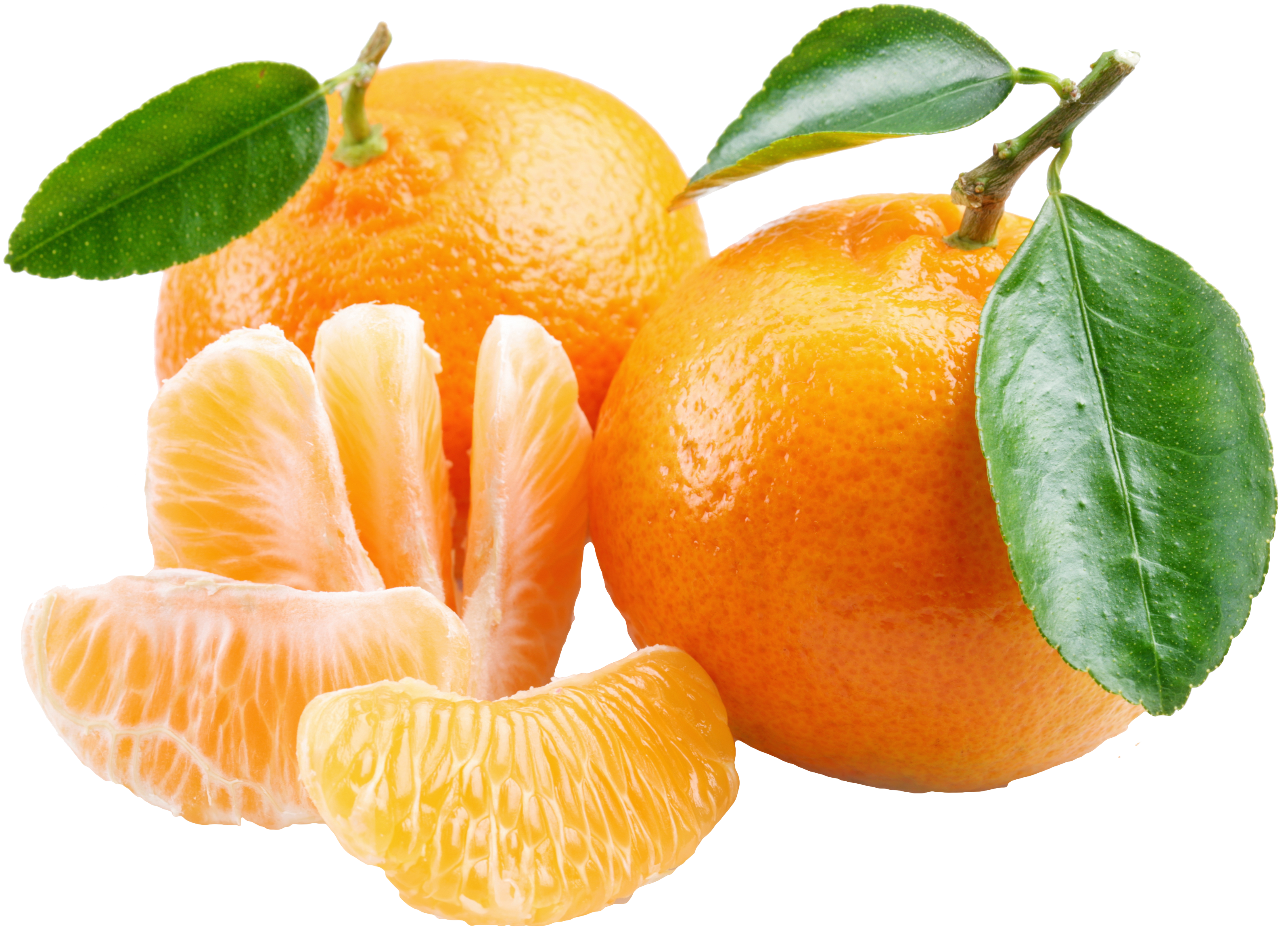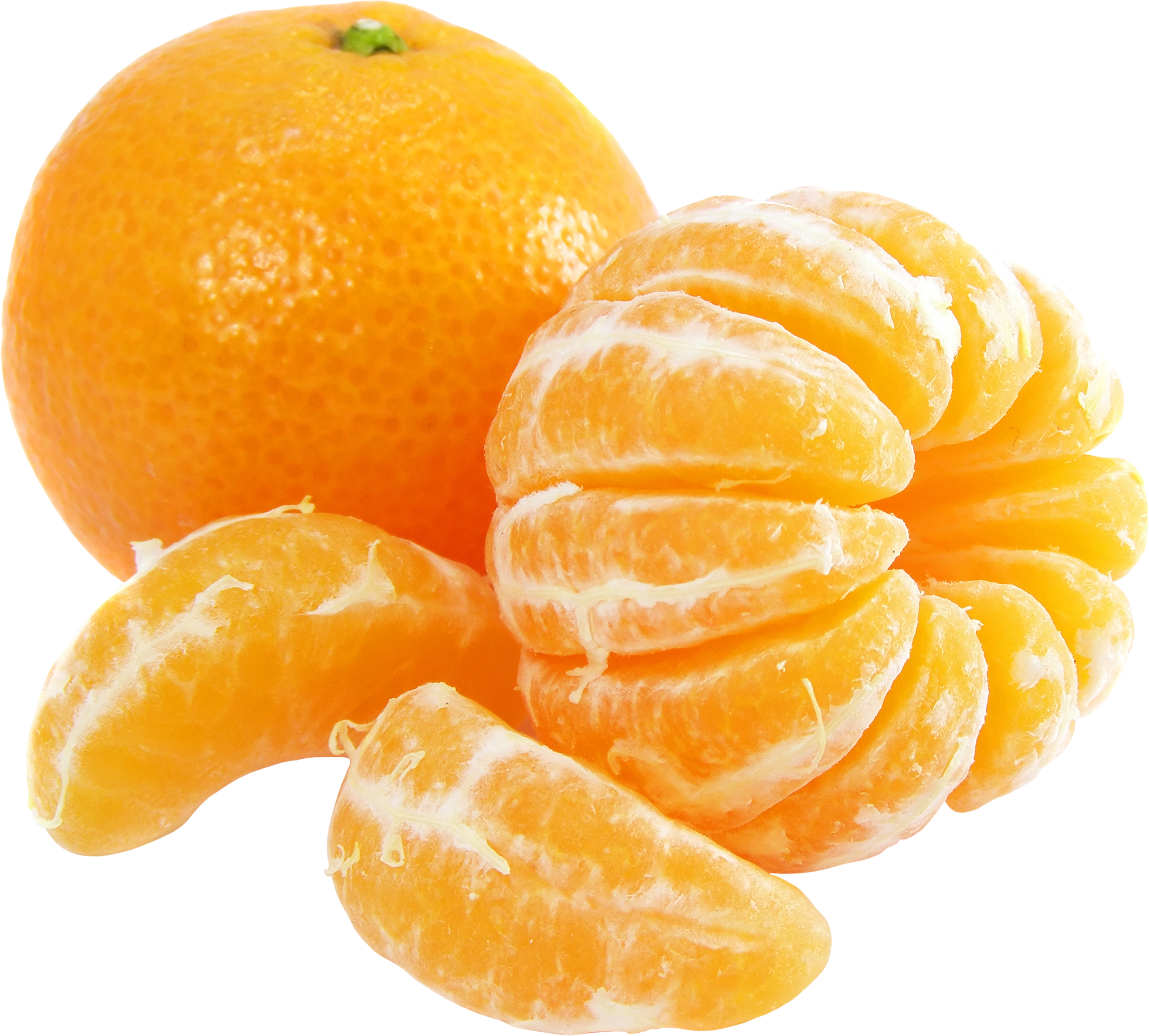Have you ever stopped to truly appreciate a simple mandarin orange slice? It's that bright, juicy burst of sunshine that so many of us love, especially as a quick snack or a cheerful addition to a meal. We often just pop them in our mouths, enjoying the sweet taste, and perhaps that's all there is to it, right? Well, actually, there's a rather interesting tale behind this small, delightful fruit, especially when you think about its name.
It's funny, but when you talk about the word "Mandarin," it can get a bit confusing, you know? Many people, myself included, have wondered why the standard Chinese language is called "Mandarin" in English. It seems a little odd, doesn't it, when other languages like Japanese or German just use their own names? This little question about the word "Mandarin" itself opens up a whole world of connections, stretching from ancient officials to the very fruit we're talking about.
So, while we're thinking about that lovely, segmented piece of fruit, it’s worth considering the name. The word "Mandarin" has a few different meanings, and they might not seem to fit together at first glance. But, as we'll see, they are connected in a pretty cool way, all leading back to this humble orange slice. It’s a story of language, history, and, of course, a very tasty fruit.
Table of Contents
- The Surprising Story Behind the Name "Mandarin"
- Why Mandarin Orange Slices Are a Great Choice
- How to Enjoy Your Mandarin Orange Slices
- Frequently Asked Questions About Mandarin Orange Slices
- Bringing the Sweetness Home
The Surprising Story Behind the Name "Mandarin"
So, let's talk about that name, "Mandarin," which is really quite interesting. When my friends and I were chatting, we all wondered why "Standard Chinese" is called "Mandarin" in English. It's a question that pops up a lot, you know? A dictionary might tell you that "Mandarin" has three meanings that don't seem related at first glance. There's the meaning of a government official, especially in older, feudal systems, then there's the meaning of the standard Chinese language, and finally, there's the meaning for the fruit itself, the orange. It's a bit of a puzzle, really.
Mandarin: The Official and the Language
It's a common thought: why isn't the English name for Standard Chinese something like "Chinese" in the same way "Japanese" or "German" are used for those languages? This is a question many people have, even now in 2024, yet some folks still haven't quite figured out what "Mandarin" truly means. There's this idea that "Mandarin" means "Man Daren" (满大人), which isn't completely accurate, or at least, it's not the whole picture. Some articles have really dug into this, using historical references to clear things up.
When you get down to it, "Mandarin" strictly refers to the official dialects of Chinese, like the Beijing dialect, the Northeast dialects, the Central Plains dialects, and the Southwest dialects, among others. The proper English term for Standard Chinese is actually "Standard Chinese." So, "Mandarin" is more about a group of related dialects, which is a bit different from just "Chinese." It’s a subtle but important distinction, you see.
Connecting the Dots: Language, Officials, and Fruit
Now, how does this all tie back to our lovely mandarin orange slice? Well, the belief was that these oranges, the ones we call mandarins, came to the Western world from China. Because of this, they got the name "Mandarin orange." It's almost like a nod to the place of origin, connecting it to the officials and the language that were so central to that region. In earlier English, many things were named using a "mandarin xxx" format, but over time, most of those other terms faded away, becoming less common as language changed.
It's interesting to note that in a relative sense, "Mandarin" corresponds more to the Chinese word for a specific type of orange, "橘子" (júzi), which has a thinner skin. Then there's "tangerine," which usually has a thicker skin and a bit more tartness, matching the Chinese word "桔子" (júzi) – same sound, different character. And then you have "Satsuma," which is a specific kind of mandarin, a bit ugly-looking but quite delicious, first grown in Japan about 700 years ago. "Satsuma" is, in fact, the Romanized Japanese spelling of "萨摩," a place name. So, there are many layers to this, you know?
This connection of the fruit to the word "Mandarin" shows how language and history can intertwine in unexpected ways. It's a pretty neat piece of trivia to think about while you're enjoying your next mandarin orange slice. It’s not just a fruit; it carries a bit of a story, a linguistic journey, almost.
Why Mandarin Orange Slices Are a Great Choice
Beyond their fascinating name, mandarin orange slices are just a fantastic choice for so many reasons. They're convenient, they're tasty, and they offer a lot of good things for your body. It's really quite amazing how much goodness is packed into such a small package.
Packed with Goodness
These little slices are, for one thing, a really good source of Vitamin C. This vitamin is super important for your body's defenses, helping you stay well, which is something we all want, right? They also give you a bit of dietary fiber, which is helpful for keeping your digestive system running smoothly. It’s pretty clear they’re a healthy addition to your day.
They contain antioxidants too, which are helpful compounds that protect your cells from damage. Plus, they're hydrating because they're full of water, which is always a good thing, especially when you need a quick pick-me-up. So, when you reach for a mandarin orange slice, you're not just getting something yummy; you're also giving your body some really beneficial elements.
A Perfect Snack for Anytime
One of the best things about mandarin orange slices is how incredibly easy they are to eat. They're small, usually seedless, and peel quite readily, making them a no-fuss snack for almost anyone. Kids love them, and adults find them just as appealing. They fit perfectly into lunchboxes, or you can just grab a couple for a quick bite at your desk. They're very versatile, you know?
They also offer a natural sweetness that can satisfy a craving for something sugary without all the added stuff you find in processed snacks. It’s a wholesome choice that leaves you feeling refreshed, not weighed down. So, whether you're looking for something to munch on between meals or a light dessert, these slices are a really good option.
How to Enjoy Your Mandarin Orange Slices
Getting the most out of your mandarin orange slices is pretty simple, but there are a few little tricks and ideas that can make them even better. From how you prepare them to how you use them in other dishes, there are many ways to enjoy this delightful fruit.
Peeling and Preparing with Ease
Mandarin oranges are known for being easy to peel, which is a big part of their appeal. You can usually just start at the top or bottom and pull the skin away without much effort. Once peeled, they naturally separate into neat, bite-sized segments, which are those perfect "mandarin orange slices" we're talking about. Sometimes, if you roll the fruit gently on a counter before peeling, it can make the skin even looser, which is a neat little trick.
For those who prefer, you can also remove the white pith, though it's perfectly fine to eat and contains fiber. Some people just like a super clean slice. It's all about personal preference, really. The ease of preparation means you can enjoy them almost anywhere, without needing special tools or a lot of cleanup.
Beyond the Snack: Simple Ideas
While they're wonderful on their own, mandarin orange slices can also brighten up many different dishes. They add a lovely citrus note and a pop of color. You could, for instance, toss them into a fresh green salad for a sweet and tangy contrast. They pair really well with spinach, nuts, and a light vinaigrette. It makes the salad a bit more exciting, don't you think?
Another idea is to add them to yogurt or oatmeal in the morning. They bring a burst of freshness and natural sweetness to your breakfast. For something a little different, try them in a fruit salad with other seasonal fruits. They always seem to be a hit. You can even use them as a pretty garnish for desserts or drinks. The possibilities are pretty wide, actually.
They are also a lovely addition to savory dishes. Think about adding them to a stir-fry just at the end, or alongside roasted chicken or fish. The bright flavor can really cut through richer tastes and add a delightful twist. It’s a simple way to elevate a meal, almost effortlessly.
Choosing and Storing Your Mandarins
When you're picking out mandarin oranges, look for ones that feel heavy for their size, as this usually means they're juicy. The skin should be bright and firm, without any soft spots or blemishes. A little give is okay, but you don't want them mushy. The smell can also tell you a lot; a fresh, citrusy scent is a good sign.
Once you bring them home, you can store them at room temperature for a few days, especially if you plan to eat them soon. However, if you want them to last longer, putting them in the refrigerator can extend their freshness for a couple of weeks. Just keep them in a cool, dry place, and they'll be ready for you to enjoy those perfect mandarin orange slices whenever you feel like it.
Frequently Asked Questions About Mandarin Orange Slices
People often have questions about these little fruits, and it's good to clear up some common thoughts. Here are a few things folks often ask about mandarin orange slices.
Are mandarin orange slices good for you? Yes, they really are! They're full of Vitamin C, which helps your body stay strong. They also have fiber, which is good for your tummy, and they keep you hydrated because they're mostly water. So, they're a very healthy choice for a snack.
How do you store mandarin orange slices? If you're keeping the whole fruit, you can leave them out on the counter for a few days. But if you want them to last longer, put them in the fridge. They'll stay fresh for a couple of weeks that way. Once you peel and slice them, it's best to eat them pretty soon or keep them in an airtight container in the fridge for a day or so.
What's the difference between a mandarin and an orange? Well, mandarins are actually a type of orange, but they're usually smaller and sweeter than common oranges. They also have a looser skin, which makes them much easier to peel. Oranges are generally bigger and can be a bit more tart. So, while they're related, they have their own distinct qualities, you know?
Bringing the Sweetness Home
So, there you have it, the story of the mandarin orange slice. It's more than just a sweet treat; it carries a bit of history, a linguistic journey, and a whole lot of goodness for your body. From its surprising name origin, linked to ancient officials and languages, to its vibrant taste and simple appeal, this little fruit has a lot to offer.
Next time you peel one, perhaps you'll think about its interesting past, or just enjoy its pure, juicy delight. It’s a wonderful example of how something so simple can have such a rich background.
You can learn more about mandarin oranges on our site, and you might also like to check out some great fruit-based recipes we have.
For more on the fascinating origins of words, you could look up information on etymology, which is the study of word histories. It's a pretty cool topic, actually.



Detail Author:
- Name : Miss Jewell Shields Sr.
- Username : kieran36
- Email : heller.loma@towne.com
- Birthdate : 1975-09-26
- Address : 390 Weber Mountain Suite 870 Littleberg, CT 06246
- Phone : 1-949-569-9670
- Company : Miller, Leannon and Bradtke
- Job : Administrative Law Judge
- Bio : Aut omnis deserunt dolores incidunt hic. Qui dolores quo nemo ea eum. Veritatis nesciunt corrupti et doloribus et.
Socials
facebook:
- url : https://facebook.com/ankunding1993
- username : ankunding1993
- bio : Est et dolor accusantium ut. Est quis vitae odio ut facilis in alias nobis.
- followers : 5044
- following : 1055
twitter:
- url : https://twitter.com/ankundingg
- username : ankundingg
- bio : Temporibus est ex est quidem sit est officia. Quam optio doloremque inventore est rem ipsa non. Esse et enim laboriosam maxime magnam et.
- followers : 1973
- following : 554
linkedin:
- url : https://linkedin.com/in/gregorio2909
- username : gregorio2909
- bio : Eos consequuntur a saepe non corrupti.
- followers : 4397
- following : 1793

